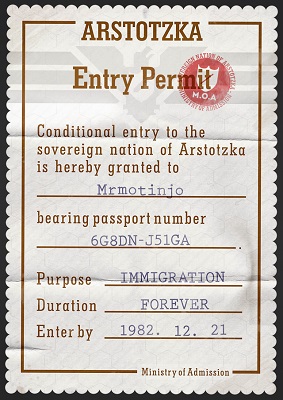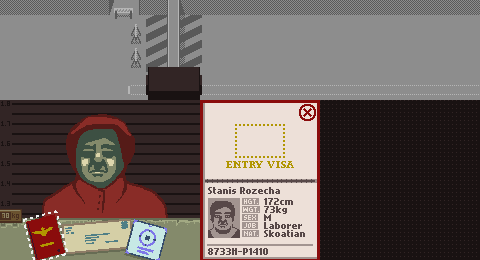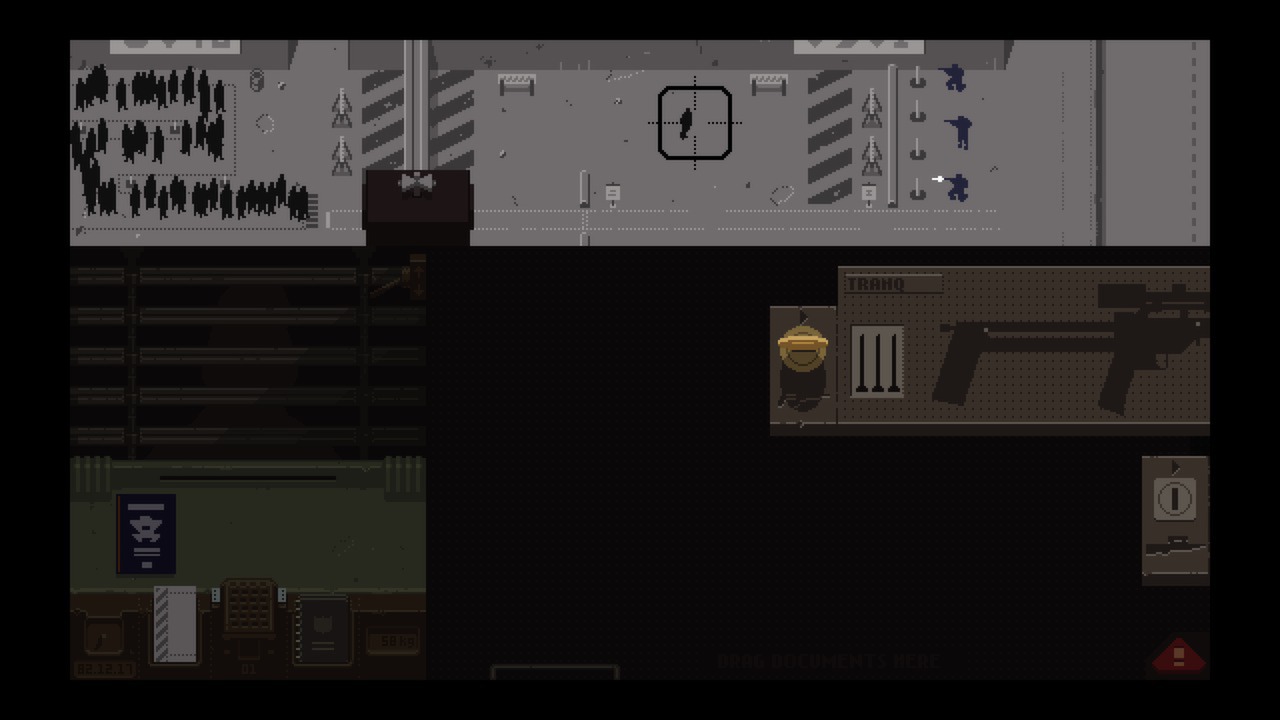

Can you tell us a bit about that game? Explain what it was for readers who may not have heard about it before. That game, which is about building peace in the Middle East, is legendary. In fact, you really launched the movement-or at least brought it into the mainstream consciousness-with your game PeaceMaker. And one of the things Power Play does so well is that it lays out an almost definitive narrative of the social impact gaming movement which you’ve been at the center of for such a long time. Of course, I’ve been reading and writing about social impact games for years. Jordan: I really enjoyed reading Power Play. So I reached out to him to ask about PeaceMaker, Games For Change, the future of the industry, and how games can make a difference in politically tumultuous times. And I felt a kind of enthusiastic anticipation to see what direction it will go. When I finished reading it, I was clearly reminded that the video game industry is still in it’s infancy. But what really struck me is how clearly the book expresses the possibilities that still lie ahead for digital play. In this important book, along with coauthor Laura Parker, Asi maps out the landscape of games with a purpose. For quite a while now, he has been the go-to source for understanding the social impact gaming movement.

Asi is well known in the game world as the creator of PeaceMaker and the former executive director of Games For Change. 1 reason to be in the game industry was to make games that could stop wars and stop more children from being killed.The new book, Power Play: How Video Games Can Save The World, by Asi Burak and Laura Parker, was just released. “I am honored to be here, but I am not happy,” he said.Ībueideh said his No. She said she advised him not to put his name on the game after he had worked on it for two years. When he told his father what he was doing, his father replied, “My son, you will end up in jail.” He said his wife was terrified as well. He said he got comments that the game was made by ISIS. The game was approved, and it got 700,000 downloads on both platforms. They sent it to the app store, and it was rejected because it was based on a “political statement.” He said this community, this industry, was amazing, and I got support from around the world. He said his team got together and made Liyla & the Shadows of War. He imagined what would happen if his kids were killed in that war. “No one comes to us.”Ībueideh said the war hit Gaza in 2014. He shut his game division in 2015 because they couldn’t raise money. They don’t have access to 3G networks because they don’t have permission. “How do we make games if we are living as survivors?” he said.Ībueideh said the country is unrecognized. He showed a picture of giant, real slingshot, saying, “This is how we play angry birds.” He said there was a checkpoint where he plays, “Papers, Please,” but he added, “They don’t say please.” “The Palestinian people love playing games.” He said he is from Palestine, which he spelled has been suffering from occupation for 69 years,” he said. Rasheed Abueideh said he is from a place that doesn’t show up on Google Maps. I am from Argentina, the end of the world. She said she has an amazing team that is guarding her back. This was the first talk I had to make about myself.” I haven’t struggled to have anything in my life. I never had to overcome a huge barrier in my life. “I am happy to be here because I am not supposed to be here,” she said. And she started to direct the animation program at Argentina’s film school, Universidad del Cine. She works at Okam Games, where she is the first female president of a game studio in Argentina.

She is 31 and trained as a political scientist. He added, “We started as a team, but now we are real family.” “I want to put Africa on the creativity table.

“If the world don’t give us a chance, we take it by force,” he said. His company was featured in the Wall Street Journal as a “wallbreaker,” or someone who breaks through walls. In 2003, he finished Final Fantasy VII for the umpteenth time. Guillaume Olivier Madiba is a cofounder of Kiro’o Games from Cameroon, in Africa.


 0 kommentar(er)
0 kommentar(er)
